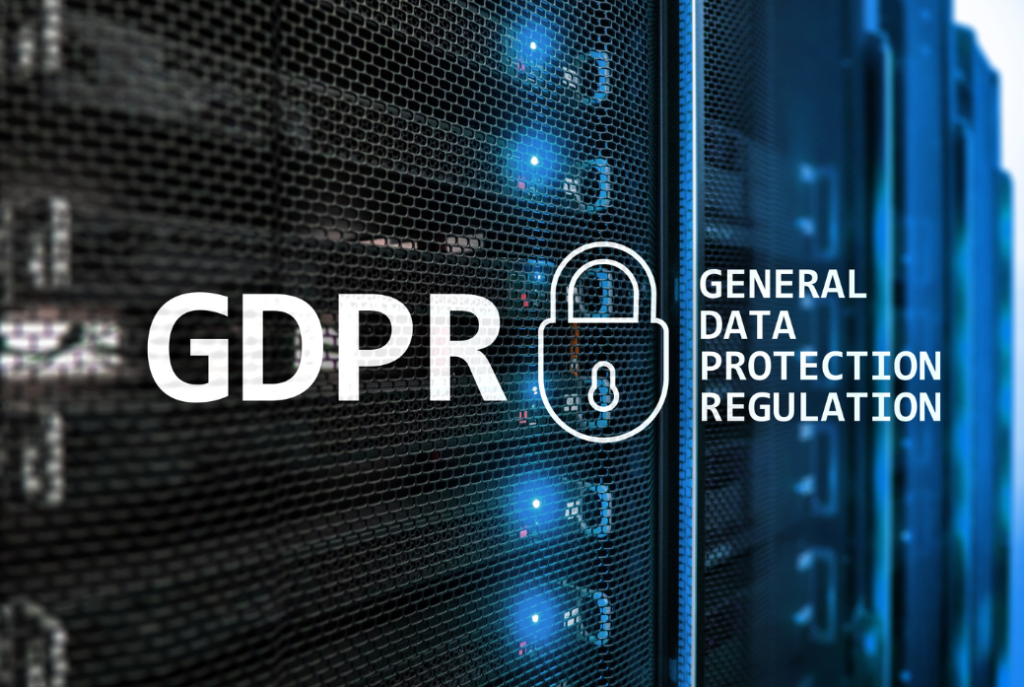In an era where data privacy is a major concern, businesses must comply with strict regulations when handling and destroying IT supports that contain sensitive information. The General Data Protection Regulation (GDPR) in Europe and the Swiss Federal Data Protection Act (LPD) establish clear rules to ensure that personal and corporate data is securely managed and disposed of. But what exactly do these laws control in the IT support destruction industry, and why should companies take them seriously?

1. What Are GDPR and LPD?
📌 GDPR (General Data Protection Regulation)
GDPR is the European Union’s data protection law, in effect since 2018. It applies to all businesses that collect, store, process, or handle personal data of EU citizens—regardless of where the company is based.
📌 LPD (Loi sur la Protection des Données / Swiss Federal Data Protection Act)
LPD is Switzerland’s equivalent to GDPR, designed to protect personal data and privacy. The updated version, which came into force in September 2023, aligns more closely with GDPR, imposing stricter requirements for companies operating in Switzerland.
Both regulations mandate the secure destruction of personal data once it is no longer needed, ensuring it cannot be accessed or misused.
2. How Do GDPR and LPD Impact IT Support Destruction?
These laws set clear obligations for companies when disposing of IT assets, including:
✔ Secure Data Erasure: Businesses must ensure that data stored on IT supports (hard drives, SSDs, USBs, servers) is permanently erased or destroyed. Simple deletion or formatting is not enough, as data remains recoverable.
✔ Certified Destruction: When physical destruction is necessary, companies must use certified processes (e.g., shredding, degaussing, crushing) that comply with security standards like DIN 66399 or ISO 21964.
✔ Proof of Data Disposal: Organizations must provide a Certificate of Destruction as evidence that data has been securely disposed of in compliance with legal requirements.
✔ Accountability & Fines: Failure to comply with GDPR or LPD can lead to severe penalties—up to €20 million or 4% of annual global turnover for GDPR violations. In Switzerland, LPD breaches can result in fines up to CHF 250,000 and legal consequences.
3. Why Should Companies Be Extra Careful?
Neglecting proper IT support destruction can expose businesses to serious risks:
– Data Breaches & Cybercrime – Improper disposal can leave sensitive data accessible to hackers or competitors.
– Legal & Financial Penalties – Non-compliance with GDPR and LPD can result in heavy fines and reputational damage.
– Loss of Customer Trust – Clients and partners expect companies to handle data responsibly. A security incident can harm business credibility.
– Environmental Concerns – GDPR and LPD encourage eco-friendly disposal practices, ensuring IT assets are recycled or destroyed responsibly.
4. The Role of Professional IT Support Destruction Services
To remain compliant and protect sensitive information, businesses should partner with certified IT destruction companies that offer:
– Secure destruction processes that meet GDPR and LPD requirements.
– Detailed tracking and documentation, including Certificates of Destruction.
– Eco-friendly disposal, minimizing environmental impact.
Conclusion
GDPR and LPD impose strict rules on IT support destruction, making secure disposal a legal necessity. Companies must ensure proper data erasure, certified destruction, and regulatory compliance to avoid fines, data breaches, and reputational damage.
